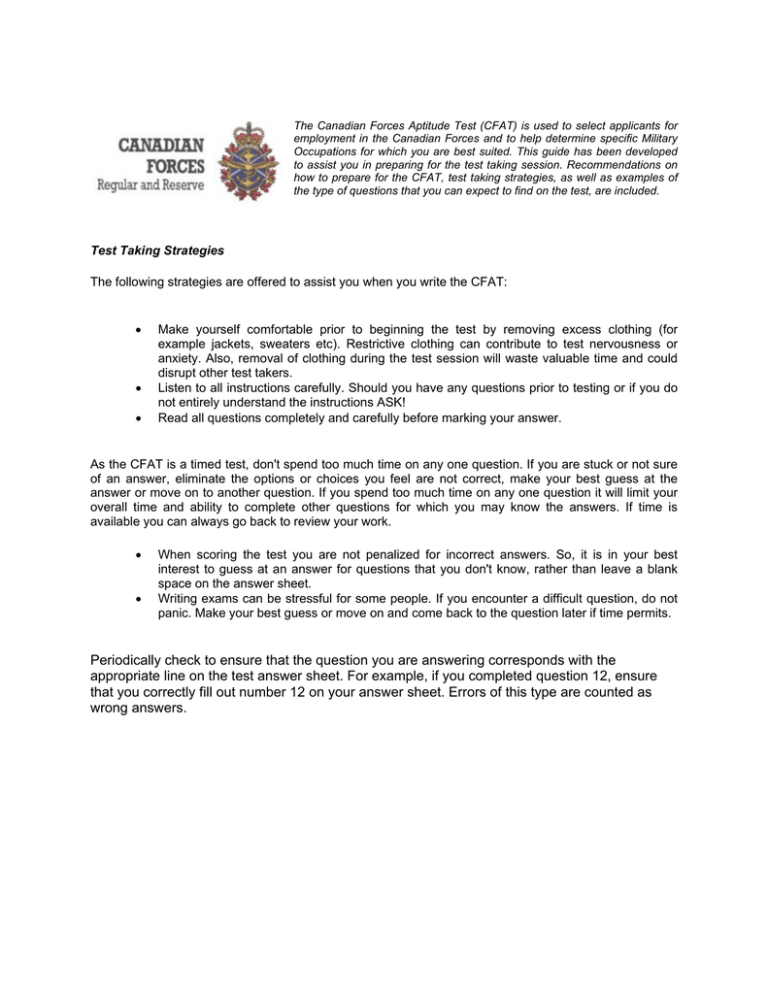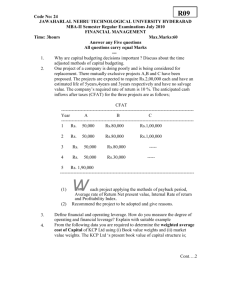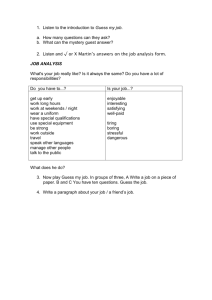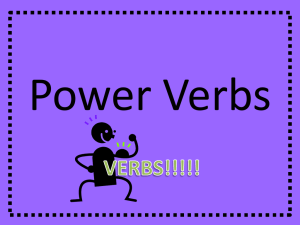Periodically check to ensure that the question you are answering
advertisement

The Canadian Forces Aptitude Test (CFAT) is used to select applicants for employment in the Canadian Forces and to help determine specific Military Occupations for which you are best suited. This guide has been developed to assist you in preparing for the test taking session. Recommendations on how to prepare for the CFAT, test taking strategies, as well as examples of the type of questions that you can expect to find on the test, are included. Test Taking Strategies The following strategies are offered to assist you when you write the CFAT: • • • Make yourself comfortable prior to beginning the test by removing excess clothing (for example jackets, sweaters etc). Restrictive clothing can contribute to test nervousness or anxiety. Also, removal of clothing during the test session will waste valuable time and could disrupt other test takers. Listen to all instructions carefully. Should you have any questions prior to testing or if you do not entirely understand the instructions ASK! Read all questions completely and carefully before marking your answer. As the CFAT is a timed test, don't spend too much time on any one question. If you are stuck or not sure of an answer, eliminate the options or choices you feel are not correct, make your best guess at the answer or move on to another question. If you spend too much time on any one question it will limit your overall time and ability to complete other questions for which you may know the answers. If time is available you can always go back to review your work. • • When scoring the test you are not penalized for incorrect answers. So, it is in your best interest to guess at an answer for questions that you don't know, rather than leave a blank space on the answer sheet. Writing exams can be stressful for some people. If you encounter a difficult question, do not panic. Make your best guess or move on and come back to the question later if time permits. Periodically check to ensure that the question you are answering corresponds with the appropriate line on the test answer sheet. For example, if you completed question 12, ensure that you correctly fill out number 12 on your answer sheet. Errors of this type are counted as wrong answers. Test Examples Verbal Skills (VS) This is a test of your ability to understand words. Read each question carefully and decide which one of the four answers is the best one. 1. It was a LONG trip. A. nice B. lengthy C. fun D. busy ANSWER: The correct answer is 8. 2. TIGHT is the opposite of: A. fast B. stable C. happy D. loose ANSWER: The correct answer is D. Spatial Ability (SA) This is a test of your ability to recognize a form from its pattern, or a pattern from its form. There are two types of problems and an example of one type is provided below. The first picture shows the PATTERN that is to be folded. You are to decide which FORM—A, B, C, or D—would be made by folding the PATTERN. The PATTERN must be folded so that the side of the pattern that faces you in the test booklet will be the outside of the FORM. ANSWER: The correct answer is B. Problem Solving (PS) This is a test of your ability to solve problems. Read each problem carefully and decide which one of the four answers is the best one. 1. What number comes next in the following series? 1, 3, 5, 7, 9, 11, A.12 B.10 C.13 D.9 ANSWER: The correct answer is C. Summary The strategies and examples in this guide are provided to both familiarize you to the CFAT as well as reduce any test nervousness or anxiety you may be experiencing. It is hoped that you found this guide useful in your preparation to write the CFAT.





